Programme
Our programme featured diverse speakers, formats and topics that addressed the most pressing issues related to resource management.
Pre-conference day
Hosted by: African Center for Energy Policy (ACEP), African Forum and Network on Debt and Development (AFRODAD), Tax Justice Network Africa (TJNA)
This session explored transformative solutions for African governments to optimise tax revenue collection from transition minerals, as well as successes, challenges and opportunities associated with corporate tax transparency. Using a multisectoral approach, the session unpacked how best to address tax revenue leakages from Africa’s mining sector, drawing from the EITI and the Africa Mining Vision frameworks.
Speakers:


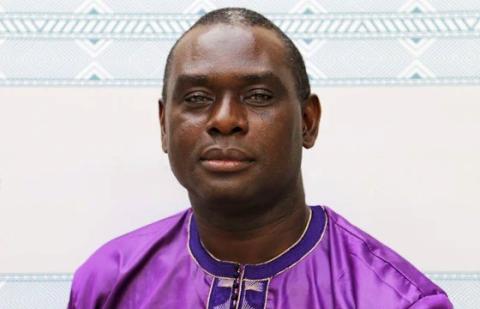



Day 1: Changing context, celebrating achievements

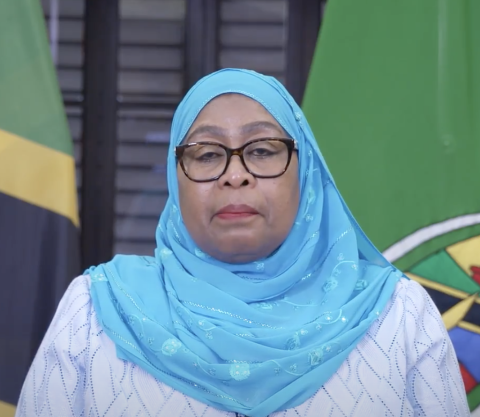
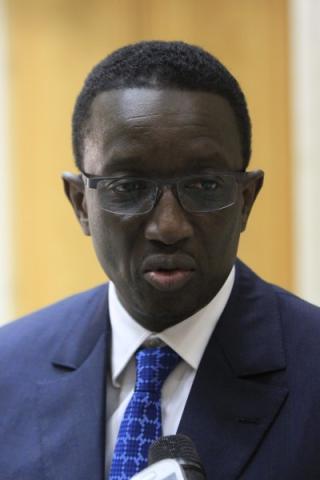

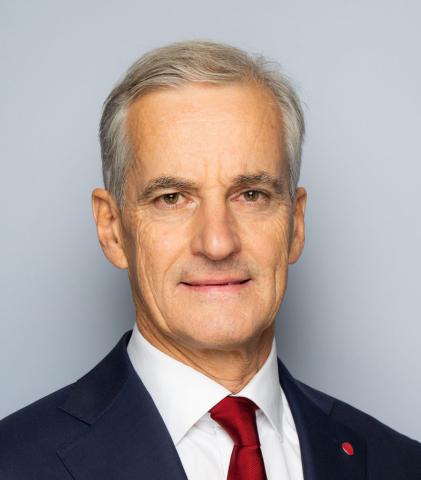


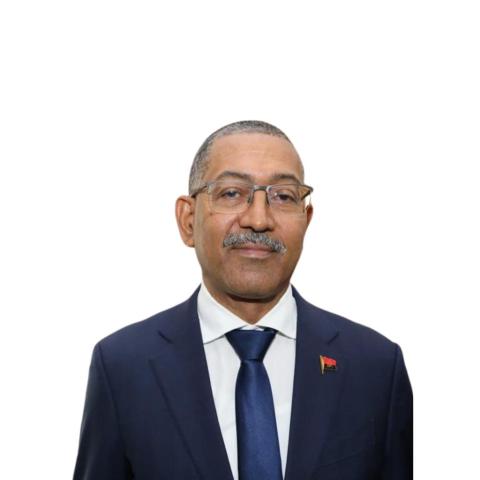
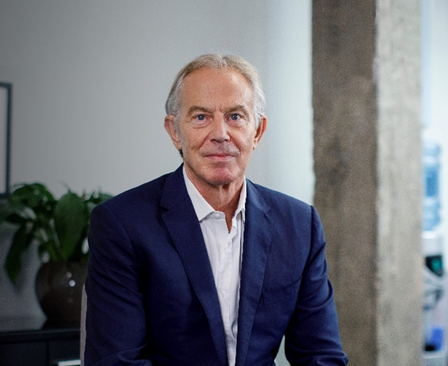





While our era is characterised by an unprecedented availability of information, we are also facing a crisis of trust that is brought about by increasing polarisation, economic uncertainty and geopolitical conflict. In this context, oil, gas and minerals remain a strategic resource for many resource-rich countries seeking to secure energy and revenues, despite market fluctuations and uncertain demand trajectories. Yet to avoid mistakes of past commodity booms, transparency and multi-stakeholder dialogue must remain at the centre of natural resource management and decision-making.
This session discussed how the context for extractives transparency was evolving and what this meant for EITI implementation. It took stock of different global shifts related to debt sustainability, the energy transition and constraints on civic space, and highlighted the unique value of data and multi-stakeholder dialogue as a means of catalysing collective action.





See the full schedule
Efforts to decarbonise the global economy have profound implications for resource-rich countries. Fossil fuel producers are faced with volatility and an anticipated long-term decline in oil, gas and coal demand. Many mineral-rich countries are expecting a boom in demand for transition minerals used in low-carbon technologies. These global dynamics are creating new risks and opportunities for resource-rich countries and require us to rethink assumptions around good governance.
This session explored how the energy transition was reshaping governance and public finance risks in countries producing fossil fuels and transition minerals. It showcased the role of transparency and multi-stakeholder dialogue in helping stakeholders to navigate opportunities and challenges in a rapidly changing sector. EITI stakeholders shared experiences and reflections on using data and dialogue to strengthen transparency and accountability in the energy transition.

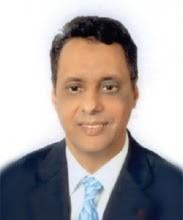

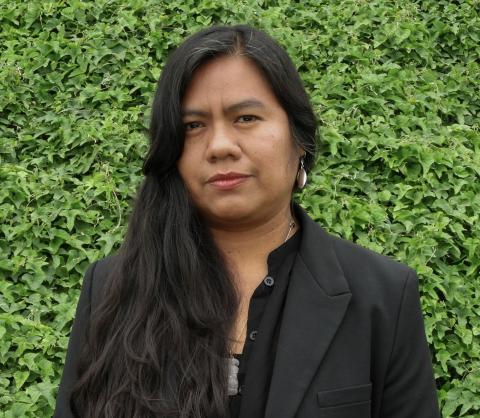

The extraction of oil, gas and minerals poses corruption risks that can hinder sustainable development. Recent corruption scandals in the sector highlight the need for national actors to detect and respond to red flags and patterns of corrupt behaviours. A data-driven approach to fighting corruption along the extractive sector value chain is key to ensuring that measures to mitigate corruption are effective and evidence-based.
This session gathered data experts, regulators, civil society and companies to discuss what types of data are needed to detect and address corruption risks, what types of analysis could be applied to these datasets and how multi-stakeholder groups can work together to ensure that transparency translates to greater accountability. It showcased examples of how EITI data is being used to complement broader anti-corruption efforts.
In the context of the energy transition, this session underscored how growing demand for critical minerals could intensify governance risks, and demonstrate the relevance of lessons learned from the extractive sector. It aimed to catalyse data analysis at the country level and to provide practical guidance to national actors on how to leverage data-driven approaches and multi-stakeholder dialogue to counter corruption.

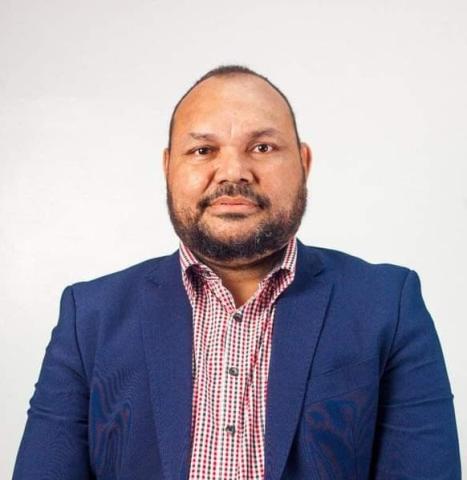





Hosted by: Diхi Group and the International Renaissance Foundation IRF (Ukraine)
Experience from EITI implementation has shown that transparency, while necessary, is not enough to ensure good governance of extractive resources. Many aspects of extractive sector governance remain outside the focus of the EITI, particularly on how extractive revenues are used at the national and local level. More attention is needed to ensure these resources are not being used to finance wars and conflicts or violate human rights. This session explored how EITI implementation could be expanded to ensure that extractive resources contribute to sustainable development and for the betterment of all citizens.





Hosted by: Organisation for Economic Co-operation and Development (OECD)
The EITI Standard requires countries to disclose an estimate of informal activities, including artisanal and small-scale (ASM), to provide a more comprehensive picture of their economic significance. However, the informal nature of the ASM sector makes it difficult to enumerate and monitor. Nonetheless, ASM represents a significant share of production across various supply chains, with specific characteristics and challenges that require tailored measures and mitigation strategies.
This session explored how EITI implementing countries, multi-stakeholder groups and private sector actors in the supply chain could use new data collection techniques, including spatial imagery, to better capture ASM production in EITI reporting. It also proposed approaches for multi-stakeholder groups to draw on the OECD Due Diligence Guidance for Responsible Supply Chains of Minerals to support and complement their EITI reporting.
See the full schedule
Building on the recommendation of a recent independent evaluation of the EITI to strengthen subnational EITI implementation, this session showcased good practices in using the EITI platform and disclosures to enable participation of local stakeholders in extractive sector management.
Examples of how the EITI platform and disclosures have been used to strengthen awareness and participation of local stakeholders in extractives management have included applying the EITI multi-stakeholder model to establish local and regional platforms, such as in Peru, and to embed transparency in existing local mechanisms, such as in the Philippines. The EITI has also been used to address the issues that matters to communities, such as social and environmental disclosures in the Democratic Republic of the Congo as well as the potential impact of the energy transition.
The session also discussed other aspects of subnational transparency that the EITI could consider to strengthen its impact. One critical challenge in fostering local participation in accountability mechanisms is the cost implications of such efforts. The session also discussed resourcing challenges and solutions, drawing on views from development partners and the donor community.




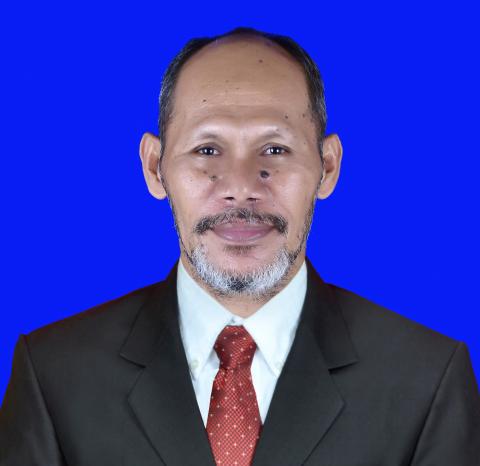

With over 100 countries having committed to beneficial ownership transparency around the world, identifying who benefits from extractive sector operations has become a key tool in promoting transparency and accountability. A decade ago, this seemed unachievable. Early adopters piloted beneficial ownership transparency in the extractive sector. As the global context transitions into new resource demands and more complex risks, there are lessons from the extractives that can be shared for those seeking to implement beneficial ownership reforms elsewhere.
This session took stock of achievements and lessons learned from beneficial ownership reforms in the extractive sector and provided insights on how to build on these achievements. It helped stakeholders identify approaches to beneficial ownership transparency which had been effective in tackling corruption risks, and explored how data could be used to address such risks in the extractive sector and beyond.

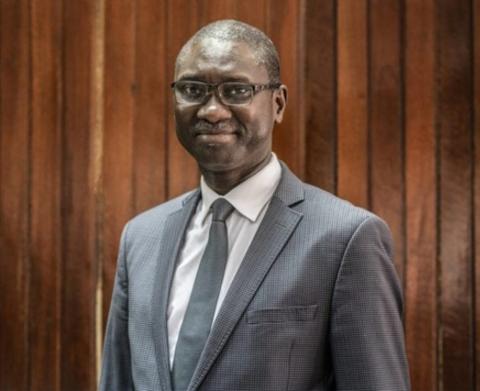
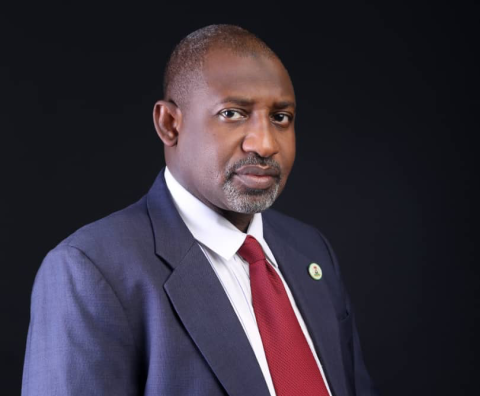
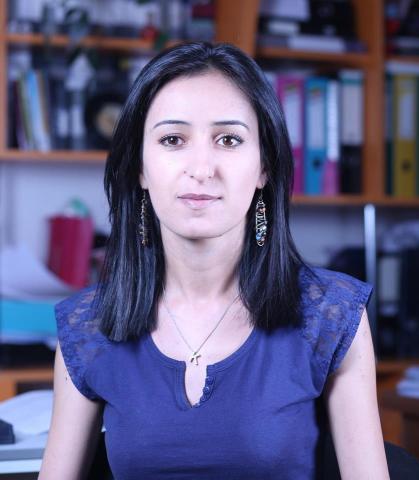

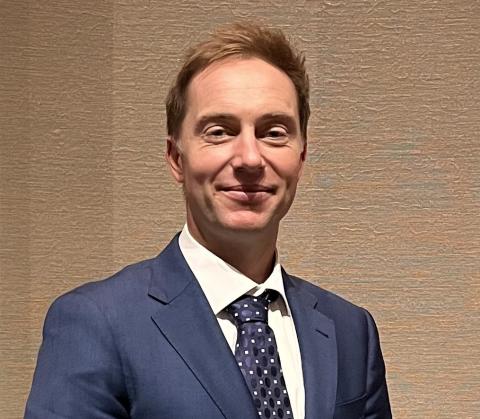
While company disclosures under the EITI were previously limited to data collected by governments and presented in EITI Reports, a broader set of company disclosures is now assessed under the Expectations of EITI supporting companies. This data – published through company websites and reports – offers opportunities for a range of stakeholders to improve corporate accountability and governance and showcase good practices.
This session raised awareness about the Expectations for EITI supporting companies and presented the EITI’s assessment of company progress in meeting the Expectations, highlighting best practices by companies. Stakeholders considered how companies, investors, government and civil society can use and benefit from company disclosures, including those made through EITI reporting, and discussed how the data could contribute to investment decisions and performance on environmental, social and governance (ESG) indicators.





Good governance and transparency are foundations for sustainable mineral supply chains. The hallmarks of sustainable supply chains include resilience to shocks and corruption risks; accountability in revenue management; gender equality; responsible labour and human rights practices; and compliance with environmental and social regulations. Disclosures and multi-stakeholder dialogue are becoming increasingly important for ensuring sustainable mineral supply chains, especially as countries seek to meet their energy transition targets and sustainable development priorities.
This session provided a platform for dialogue among stakeholders representing mineral producers and consumers with a mutual interest in sustainable supply chains. EITI implementing countries that produce minerals will share experiences in using data to strengthen legal and regulatory frameworks, including for the artisanal and small-scale mining sector. EITI supporting countries that are primarily consumers of minerals discussed international partnerships for sustainable critical raw material supply chains.
In addition, representatives from industry involved in mineral production and trade shared their approaches to disclosure and use of data in corporate due diligence and reporting. EITI partners, including civil society, provided perspectives on standards and due diligence for responsible commodity trading, and on the importance of traceability in building supply chain transparency that could shed light on corruption risks.



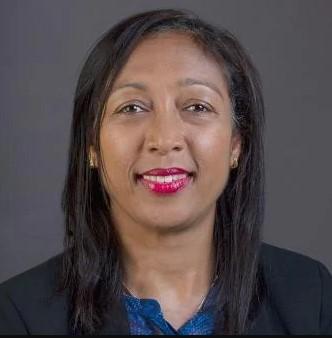

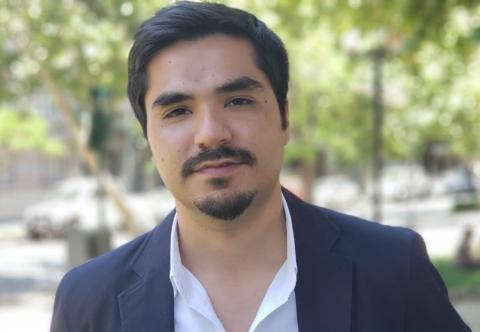


Hosted by: Derecho, Ambiente y Recursos Naturales DAR (Peru), La Mesa de Sociedad Civil para la Transparencia en las Industrias Extractivas, Observatorio Dominicano de Políticas Públicas UASD, Publish What You Pay (PWYP), Transparencia por Colombia (TpC)
Following recent revisions to the EITI Standard, transparency mechanisms related to the energy transition and the socio-environmental implications of the extractive industries will increasingly become a part of EITI reporting for the coming years. Input from EITI stakeholders on how the new provisions of the EITI Standard will be applied is key to ensuring more effective implementation at a national level. In this context, this session aimed to enhance the capacity of EITI implementing countries and generate multi-stakeholder dialogue on strategies to implement these provisions at the national level.
Speakers:



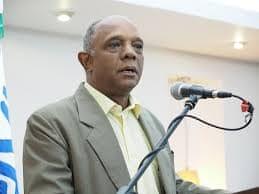

Hosted by: Natural Resource Governance Institute (NRGI) and Mining Shared Value
Corruption remains one of the main issues hampering the good governance of the extractive industries. With an estimated trillion dollars being spent on the procurement of goods and services by companies each year, this area is particularly prone to corruption. Addressing this challenge is essential for both citizens of resource-rich countries and for global climate goals.
To combat illicit practices, there are a number of tools that can be used and which support the EITI’s strategic priority of addressing corruption risks in the sector. Some EITI countries have used tools such as NRGI’s Corruption Diagnostic Tool and MSV’s Mining Local Procurement Reporting Mechanism to diagnose corruption risks and strengthen procurement transparency. Others have included procurement information in their EITI reporting or public disclosure platforms. But success stories and concrete impact are still limited.
This session explored how the 2023 EITI Standard and EITI process could support anti-corruption efforts. It also explored how countries could go beyond the scope of the EITI Standard by building on other anti-corruption initiatives and tools to address high-risk areas.
Speakers:








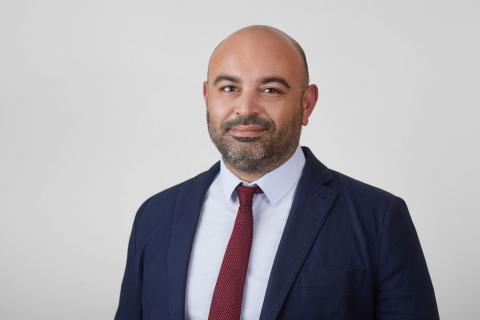
Hosted by: Carbon Tracker, Natural Resource Governance Institute (NRGI), New Producers Group and RMI
Reporting standards and tools for publishing data on greenhouse gas (GHG) emissions from the extractive industries are rapidly evolving. For EITI stakeholders, this presents an important opportunity. With the right level of disaggregation, GHG data could be used to inform debate and policymaking on a range of important issues, including national transition plans, public investment and resources decisions, and asset sales. But challenges remain. As the disclosure mechanisms for GHG emissions develop, there are concerns that duplication of reporting and misaligned standards could place unnecessary burdens on companies, or that data gaps could result in disclosures that are irrelevant for citizens and host governments.
This panel examined these challenges, and how new disclosures under the 2023 EITI Standard and data tools – such as the Global Registry on Fossil Fuels and the Oil Climate Index plus Gas – could help. It further explored whether national EITI processes could play a role in reducing reporting burdens and increasing the availability of – and engagement with – GHG emissions data.
Speakers:





Hosted by: Commonwealth Secretariat, Ford Foundation, Oxfam, Université de Pau et des Pays de l’Adour (UPPA)
The scale, scope and urgency of the climate crisis and energy transition are creating new risks and uncertainties for the extractive industries. Navigating the dilemmas and social, energy and environmental justice challenges of the climate crisis will likely require new approaches to extractive sector governance. Unless issues like rights, fairness, equality and inclusiveness are applied across the full project life cycle, the risk profile of extractive industry projects will increase, thereby creating or exacerbating uncertainties and conflict.
This session considered these issues from different perspectives and proposed potential solutions for how business and government could manage and respond to these challenges today and therefore not risk delaying the just energy transition. It considered how to raise awareness of these risks to inform decision-making to ensure countries manage their extractive resources in a way that contributes to a just, inclusive and equitable net-zero world.
Speakers:

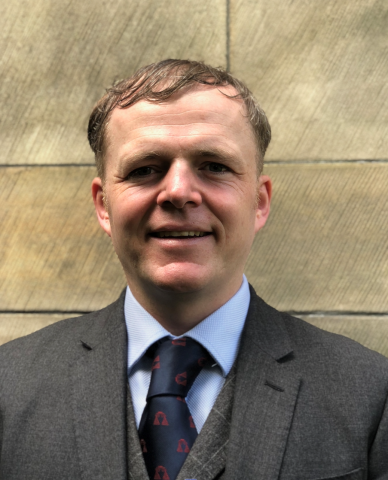

Day 2: Future priorities, new frontiers
See the full schedule
This session sought to identify opportunities for the EITI and partners to deliver positive change in natural resource governance in light of changes in the geo-strategic context. EITI community leaders from civil society, industry and government made short interventions on future priorities for the sector in the framework of global change. Speakers discussed the meaning and implications for natural resource governance of emerging economic and political trends, environmental change, social and gender equity issues, and commodity market shifts. EITI partners contributed their reflections on these themes and identify pathways to strengthen collaboration for greater impact.





See the full schedule
This session discussed the progress, challenges and prospects in Senegal’s implementation of the EITI Standard. Members of Senegal’s EITI multi-stakeholder group assessed progress made with regards to implementation of the EITI Requirements, and discussed recommendations and opportunities for stakeholders to improve implementation and overcome challenges. The session also aimed to identify opportunities for the government to benefit from the exploitation of hydrocarbon resources and to invest in renewable energy.
Extractive companies that have adopted policies on contract disclosure have demonstrated that contract transparency is a sound business decision. This session gathered representatives from industry, civil society and government to share good practices, lessons learned and insights from implementing contract transparency in the extractive sector. Further, it illustrated why these good practices are relevant for a responsible energy transition and how contract disclosure can help to address related governance risks. Stakeholders considered the benefits of contract disclosure as the energy transition gathers pace, such as increasing investor confidence; giving assurance to company stakeholders on the deals they have signed; strengthening oversight by regulatory agencies; and enabling civil society to hold companies and government accountable.

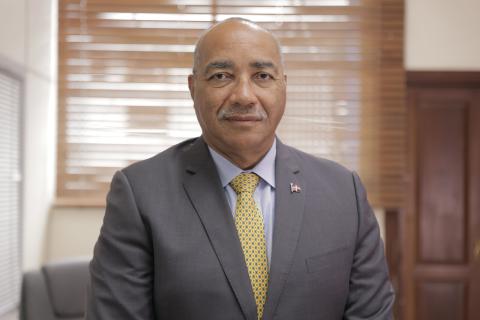




The transition to a sustainable energy system cannot be achieved without gender equity; a diverse workforce is essential to ensure innovation and inclusive perspectives. As the world moves towards cleaner energy sources, and demand increases for minerals needed for the energy transition, it is important to build greater understanding of the risks and challenges that the energy transition presents for women. It is also relevant to consider what opportunities a minerals boom may bring to address gender inequalities and empower women and marginalised groups.
At the same time, the recent energy crisis has increased short-term investment in the oil and gas industry, particularly in countries that are producing gas as a transition fuel. With gas being a nascent industry even in developed oil economies, it is imperative that decision-makers ensure development policies increase employment opportunities and livelihood prospects for women and affected communities.
Data accessibility and analysis is key in this process. This session provided practical guidance on what data was needed to monitor gender gaps and inform more gender-inclusive policies for a just and inclusive energy transition. Participants learnt about new EITI gender provisions and the case for reporting and monitoring gender-related data.





The renewable energy sector has a critical role to play in efforts to fight climate change. The International Energy Agency estimates that renewables are set to become the largest source of global electricity generation by 2025, which will require a major ramp-up in renewables investments around the world. Transparency and multi-stakeholder dialogue must underpin this growth to build trust with stakeholders, ramp up the pace of decarbonisation, and ensure the renewable energy sector contributes to a just transition.
This session brought together representatives from government, industry and civil society to explore how lessons learned from the extractive industries could help to mitigate governance risks in the renewable energy sector. It investigated options for avoiding the historical pitfalls of the resource curse and provide an opportunity to reflect on what the extractive industries can learn from the renewables sector. It also aimed to discuss and garner feedback on the EITI’s draft principles for transparency in the renewable energy sector.




The session showcased a series of commitments from leaders of governments, industry and civil society partners that reflect their vision for the EITI in the current context. Commitments addressed priorities to deliver better governance of extractive resources highlighting the need to fight corruption, ensured sustainable energy supply and critical minerals and brought meaningful transparency through efficient EITI implementation. These commitments informed how the EITI Board and partners will focus support for the years to come.









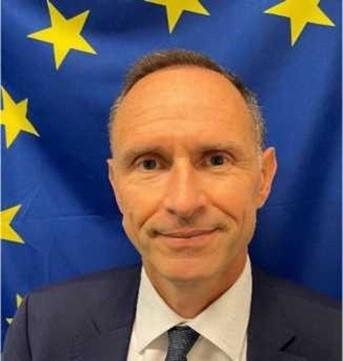

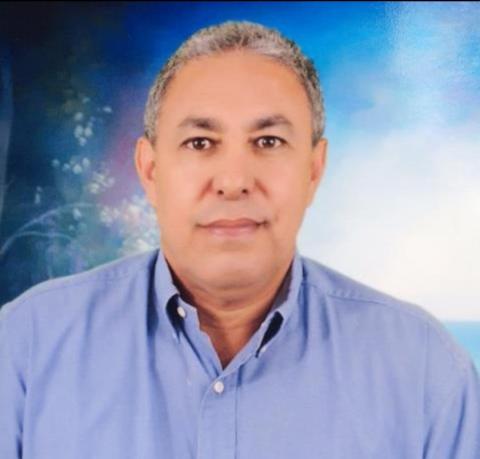
See the full schedule
Hosted by: Global Reporting Initiative (GRI), ICMM, Oxfam
Enabling public oversight of extractive sector revenues has long been a core priority of EITI. Tax transparency can help companies demonstrate that they are not engaging in harmful tax avoidance practices that impede government revenue collection. The Global Reporting Initiative (GRI) Standard (207) on tax has emerged as the dominant international standard for tax transparency reporting, and a range of extractive companies voluntarily disclose tax transparency reports. ICMM recently became the first industry association to require public country-by-country reporting.
This session discussed the challenges of tax avoidance in the extractive sector and the emerging movement for tax transparency. It highlighted some of the good practices and leadership of EITI companies and industry associations and discussed the complementarity between EITI reporting and tax disclosures. Furthermore, it explored how tax disclosures could be used by stakeholders such as investors and tax authorities.
Speakers:






The disclosure of contracts and increasingly granular data is creating opportunities to strengthen government revenue collection from the extractive industries. The session explored how data could be leveraged to better understand extractives revenues, and how it could be used to design a fiscal regime that ensures benefits to citizens and a sustainable investment climate. As the energy transition gathers pace, robust fiscal regimes will be critical as resource-rich countries manage shifting trends in oil, gas and minerals demand.
The session sought to increase stakeholder awareness of available data, tools and resources that can help to strengthen revenue collection. It examined recent trends affecting extractive sector taxation and explored how EITI implementation could be used to forecast future revenues from the sector to support domestic revenue mobilisation.




Hosted by: Transparency International Australia
As the world moves towards cleaner sources of energy, demand for transition minerals is anticipated to grow. In view of increased market activity for transition minerals, screening the beneficial owners and integrity of mining companies will be key for mitigating corruption in the sector. This session discussed why beneficial ownership transparency is essential for maintaining business integrity across the transition minerals value chain and for ensuring a sustainable and just energy transition. It brought together civil society and industry experts to share their expertise on the new dynamics and challenges associated with the heightened extraction of transition minerals and the role beneficial ownership transparency could play to address and curb corruption risks.
Speakers:






This session discussed how transparency and governance standards for state-owned enterprises (SOEs) in the extractive industries are evolving in a changing energy landscape, as SOEs continue to play a key role in both the energy transition and in domestic revenue mobilisation. The session aimed to demonstrate how open data on SOEs and their trading activities can be used, and how related requirements of the EITI Standard can help address broader governance and public finance management risks.
Through this session, participants gained a better understanding of available data on SOEs in the energy and extractive sector. It highlighted a range of sources on the commodity trading activities of SOEs, including data analysis and visualisation tools. The session aimed to catalyse new projects under the EITI’s targeted effort on SOE transparency.





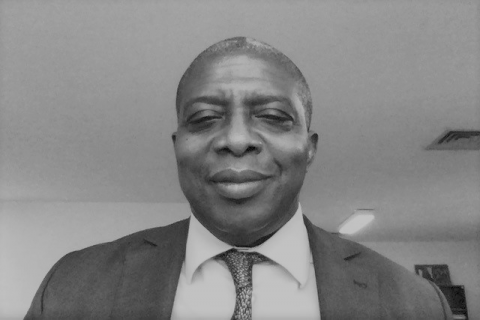
See the full schedule
This closing session addressed future priorities for the EITI in light of changes in the global context to demonstrate its continued vitality and relevance for country implementation, aligned with national priorities. Speakers addressed how transitions in the energy and extractive sector reinforce the case for stronger transparency and accountability, data-driven approaches, and evidence-based policy reforms that are grounded in inclusive public debate.


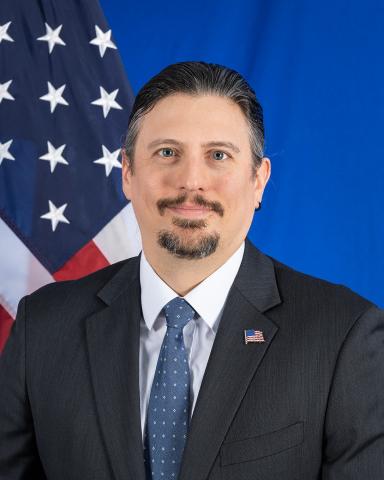


Peer learning day
This session launched the peer learning day and features keynote addresses from Helen Clark, EITI Chair, and Tony Bebbington, Programme Director of the Ford Foundation. It outlined the key changes to the EITI Standard and facilitates a discussion among National Coordinators from EITI implementing countries on how the 2023 EITI Standard can strengthen implementation. Participants reflected on the opportunities and challenges that the refined provisions present.
This session took stock of how EITI implementation and the Opening Extractives programme have supported progress on beneficial ownership reforms in Francophone Africa and globally. The first half of the session included an in-depth review of beneficial ownership transparency in Francophone Africa and considered key achievements since the EITI “Opening Up Ownership” conference held in Dakar in 2018. The second half brought together National Coordinators and government agencies responsible for beneficial ownership registries to share challenges and solutions related to beneficial ownership disclosure. Company representatives may also shared experiences on disclosing and using beneficial ownership data, while civil society representatives had the opportunity to showcase findings on beneficial ownership disclosure.
EITI implementation has been essential in strengthening contract transparency in the extractive sector. Refinements in the 2023 EITI Standard take this a step further by requesting that countries disclose their practices to monitor project costs and managing revenue loss risks. This session provided an overview of new requirements and identified strategies for disclosing project costs in EITI implementing countries.
EN: Media Centre
FR: Entrance Hall
ES: 204
RU: 203
Analysis of data reported through the EITI can inform evidence-based public debate and policies on extractive sector management. This session featured four interactive parallel exercises facilitated by the EITI International Secretariat to present different data tools, visualisations and analyses that can support meaningful debate at a country level. Sessions were available in either English, French, Spanish or Russian.
Information on the social and environmental impact of extractive activities has been a continuous demand from civil society representatives in EITI implementing countries. This session presented reflections and innovations from National Coordinators, civil society representatives and other stakeholders on using EITI reporting to monitor environmental impacts. It also highlighted refined provisions of the EITI Standard on disclosing environmental information, as well as linkages with other international agreements such as the Escazú Agreement in Latin America and the Caribbean, the Aarhus Convention in Europe, and the Access Initiative in Africa. It built on country-level experiences and stakeholder insights to explore how EITI reporting can inform debate and policies on monitoring and managing the environmental and social impacts of extractive activities.
In countries that rely heavily on revenues from the extractive industries, Supreme Audit Institutions (SAIs) play an essential function in the management of public funds and in safeguarding the quality and credibility of government financial information. This session explored how Supreme Audit Institutions (SAIs) can help ensure that data reported through the EITI is reliable and verifiable. It featured a roundtable between AFROSAI-E, INTOSAI Development Initiative (IDI) and EITI implementers who have actively implemented quality assurance procedures in their EITI reporting. The session aimed to explore how synergies between AFROSAI-E, INTOSAI Development Initiative (IDI), the EITI and other auditing authorities could strengthen transparency and accountability in the extractive sector, and how this collaboration could support anti-corruption efforts.
This session featured short presentations by national secretariats and members of multi-stakeholder groups on their experiences in communicating findings from EITI implementation to different audiences and to local communities. It also explored how outreach efforts at the subnational level have engaged local communities in the EITI process and strengthened public understanding and data use to improve public oversight of extractive sector governance.
This closing session gathered National Coordinators and other stakeholders to share reflections and insights from the day. Participants considered how the EITI might evolve in future, and what EITI implementers could do better to strengthen implementation in the coming decade. Participants had an opportunity to share photos, quotes, impressions, and ideas that from the peer learning day.


